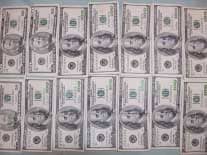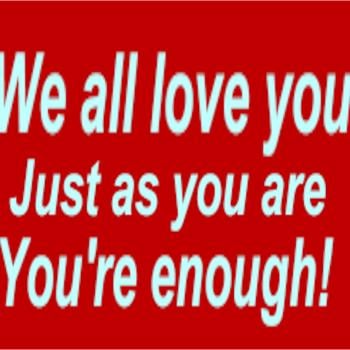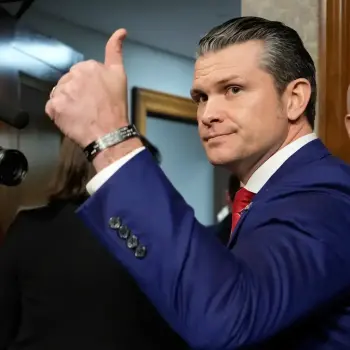By Chris Henrichsen

Jacob, a Book of Mormon prophet, laments in a speech to his people that their blessings of great wealth and prosperity have caused them to become prideful, even to the point that they "persecute [their] brethren because [they] suppose that [they] are better than the[ir brethren]." (Jacob 2:13)
This encroaching Social Darwinism (not called this during Jacob's day), the idea that one's wealth is somehow a sign of natural or even spiritual superiority, has been a challenge to Christians throughout time. Pride not only causes problems for the prideful, who begin to view their wealth as a result of their own effort instead of the providence of God, but also undermines the possibility of community.
Brigham Young was President of the LDS Church during the rise of 19th-century Social Darwinism. He viewed this sense of superiority, along with its inherent acceptance and praise of inequality, as a threat to the community-focused approach to economics and development, which he had used to settle much of the Mountain West. However, one of the best descriptions of the dangers of inequality to Christian community in Mormon sources is in the Book of Mormon. In 3rd Nephi 6, we read about the condition of the Nephites around the time of Christ. Then, as in Jacob's day, as well as during the industrial revolution or the 1990s, some achieved great wealth, while others were left behind.
(3Ne 6:12) And the people began to be distinguished by ranks, according to their riches and their chances for learning; yea, some were ignorant because of their poverty, and others did receive great learning because of their riches. 13Some were lifted up in pride, and others were exceedingly humble; some did return railing for railing, while others would receive railing and persecution and all manner of afflictions, and would not turn and revile again, but were humble and penitent before God. 14And thus there became a great inequality in all the land, insomuch that the church began to be broken up; yea, insomuch that in the thirtieth year the church was broken up in all the land...
This great inequality in the land undermined the church, because the people no longer viewed themselves as one. They could not view themselves as all part of the body of Christ. The challenge of inequality to social cooperation is one that is not limited to faith-communities, but is also found in political communities and economic systems.
The 20th century political philosopher John Rawls argued that extreme economic inequality undermines the real possibility of equal democratic citizenship. The reason for this is that the drastic gap between the very rich and the rest of us creates two types of citizens, with the rich having a much greater control over the political process because of their wealth.
Even Alan Greenspan, the former Federal Reserve Chairman and a long-time disciple of Ayn Rand, has expressed concern about the disparity between the wealthy and the middle-class. Greenspan worried that the large disparity between the rich and everyone else would undermine the faith in capitalism held by the average system.
Capitalism cannot be sustained over time in a democracy if people begin to doubt that the system benefits them as well as the wealthy. Such a view throws the system into crisis. In many ways, this is the current public perception of the government bailouts. We all feel tight. Some of us are out of work. But whom is the government helping? Banks and corporations. Now this is not totally fair, as all benefit from a healthy financial system. But as we look at the huge disparity between the wealthy and the rest of us, we are justified in being skeptical as to whether any of these efforts really trickle down.
How do we fix this? Taxes? Public ownership of the means of production? Jacob takes a different approach to answering this question. What we really need is not a different way of thinking about wealth. Instead we need to re-evaluate how we view our fellow human beings.
Jacob says that we should think "of [our] brethren like unto [ourselves]." If we do, then it will follow that we will "be familiar with all and free with [our] substance, that they may be rich like unto [us]" (Jacob 2:17)
I have long valued the second part of this verse, which speaks of giving to others. In particular, it clarifies that the goal of giving is not simply to keep the poor from starving but to bring them up to the level of everyone else. Of course, this is the stuff that stands out to me because my main interest is theories of distributive justice, However, I had failed to give adequate attention to the first part of this verse which says that we should think "of your brethren like unto yourselves."




